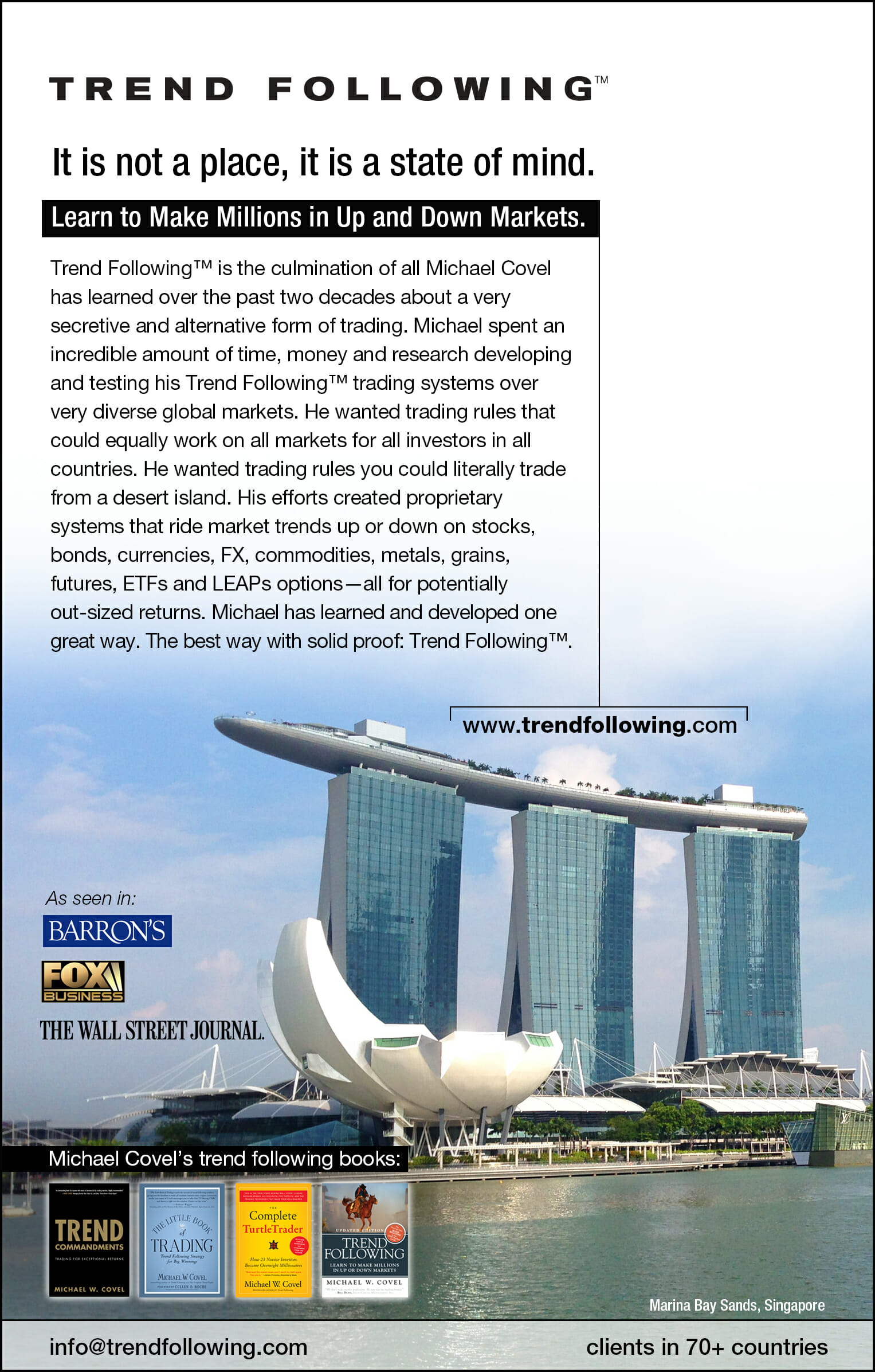“If we fail to teach students to examine data critically, looking for points both favoring and opposing hypotheses, we are selling our youth short and mortgaging the future of scientific inquiry itself.”
Bradley Mills

Sigmund Freud
The ego is a particularly strong component of the human mind and we are naturally prone to certain egocentric tendencies. All traders and investors must work to understand these tendencies. Here are some bullet points extracted from Copyright© Foundation for Critical Thinking http://www.criticalthinking.org:
- Egocentric memory: The natural tendency to forget evidence and information which does not support our thinking and to remember evidence and information which does.
- Egocentric myopia: The natural tendency to think in absolute terms within an overly narrow point of view.
- Egocentric infallibility: The natural tendency to think that our beliefs are true because we believe them.
- Egocentric righteousness: The natural tendency to feel superior in the light of our confidence that we are in the possession of THE TRUTH.
- Egocentric hypocrisy: The natural tendency to ignore flagrant inconsistencies between what we profess to believe and the actual beliefs our behavior imply, or inconsistencies between the standards to which we hold ourselves and those to which we expect others to adhere.
- Egocentric oversimplification: The natural tendency to ignore real and important complexities in the world in favor of simplistic notions when consideration of those complexities would require us to modify our beliefs or values.
- Egocentric blindness: The natural tendency not to notice facts or evidence which contradict our favored beliefs or values.
- Egocentric immediacy: The natural tendency to over-generalize immediate feelings and experiences–so that when one event in our life is highly favorable or unfavorable, all of life seems favorable or unfavorable as well.
- Egocentric absurdity: The natural tendency to fail to notice thinking which has absurd consequences, when noticing them would force us to rethink our position.
Skepticism & Critical Thinking: Think the Trade
A great quote from Austin Cline:
What is the best way to approach or deal with complicated claims? What is the best way to apply logic in order to construct sound arguments? What are logical fallacies in how can they wreck an argument? What other sorts of common errors do people make when creating arguments? What can science and philosophy do to help us in our arguments? These are all very important questions. If you are going to make a claim, you should be prepared to offer an argument that supports that claim. Your arguments should, in turn, be well constructed – otherwise, they won’t support anything. If you want to not only do a better job with your own arguments but also with the analysis of others’ arguments, you should spend some time learning about logic, fallacies, and the nature of reasoning.
A good example of the “thinking” needed?:
I toss a coin and heads turns up five times in a row. Which side is more likely to turn up the next time? Heads? Five heads in a row is a pattern – the trend is likely to continue. Tails? Six heads in a row is unusual so tails is more likely. These answers are examples of gambler’s logic – the perception of patterns in random data. So which is the correct answer? Neither – every coin toss has an even chance of turning up heads or tails. It never varies.
Trend Following Products
Review trend following systems and training:

More info here.
